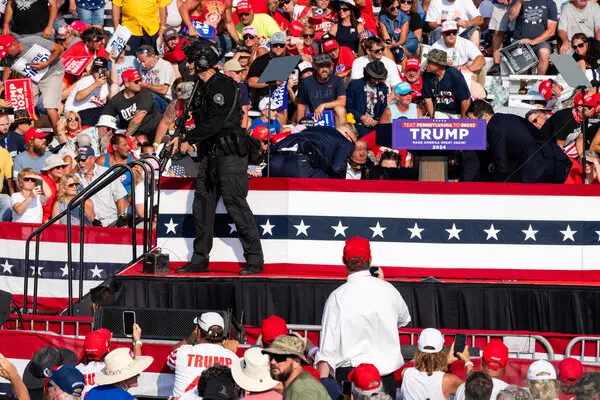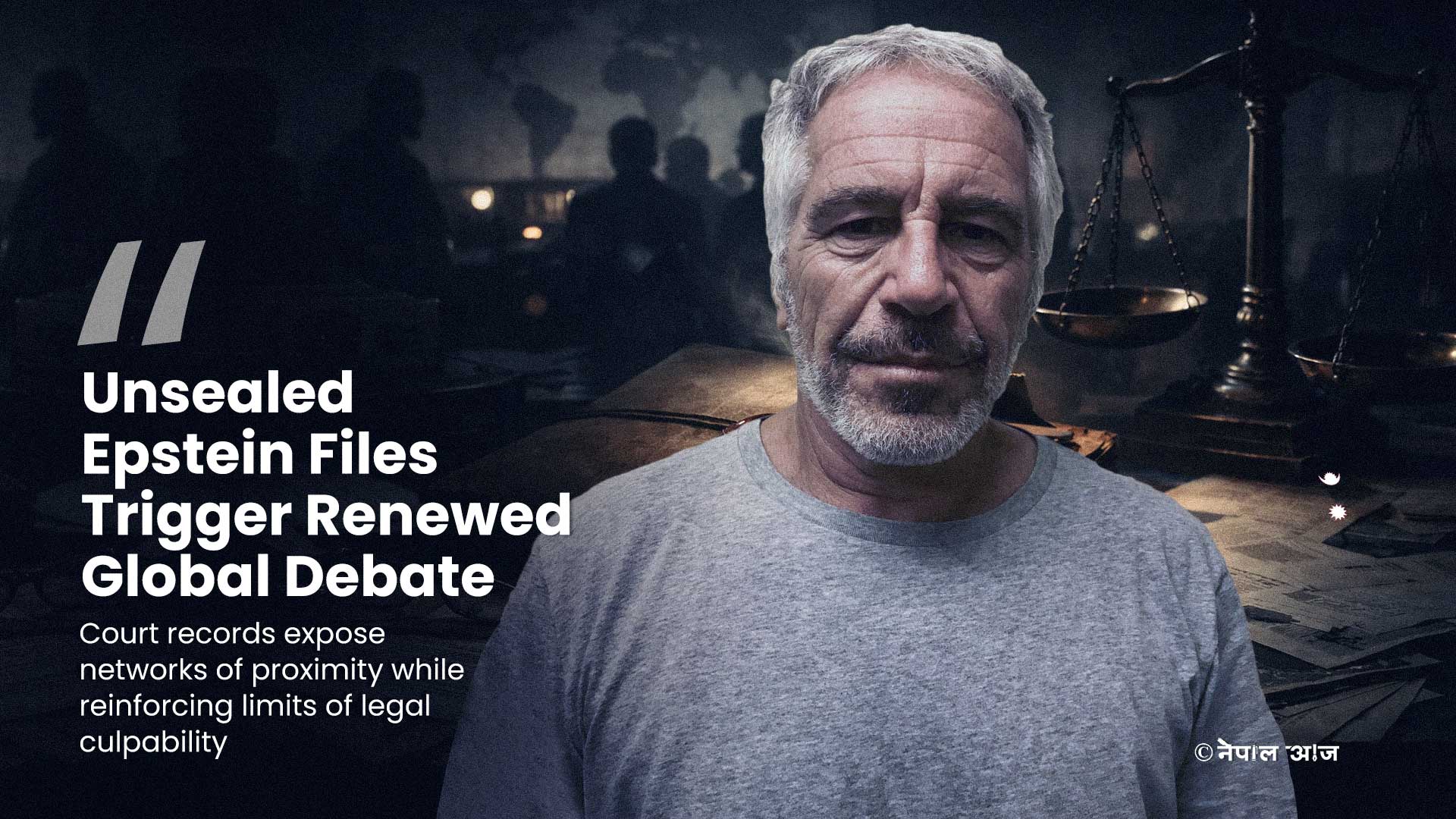Comparing Political Violence: Trump Campaign Attack and South Asian Trends

The attempted assassination of former President Donald Trump during his presidential campaign has opened a dark new chapter in America's troubled history of political violence. This shocking incident has reverberated throughout a nation already deeply divided during one of its most tense periods in modern history.
Targeting a former president at a campaign rally, especially just days before he was set to accept the Republican nomination, constitutes a direct attack on democracy and the right of every American to choose their leaders.
The Incident: Trump Under Fire
Former President Donald Trump was on stage at a campaign rally in Butler, Pennsylvania, surrounded by his supporters who held up posters and wore MAGA regalia, when shots rang out. Trump flinched, grabbed the side of his face, and then disappeared behind his podium as people started to scream. The surreal nature of the attack began to dawn on the crowd.
Later, Trump stated that he felt a bullet rip through the skin of his ear, which poured with blood as he was rushed from the scene. The shots, fired by a gunman on a roof outside the rally's perimeter, came perilously close to causing more severe injuries.
A photograph by Evan Vucci of the Associated Press captured a defiant but alive Trump, with blood on his ear and cheek, being rushed off stage by Secret Service agents. This iconic image, with Trump's fist raised and an American flag in the background, instantly became a symbol of this fraught political era, regardless of the still-unknown political fallout from the violent afternoon.
Historical Parallels and South Asian Comparisons
This attack brings to mind several historical traumas in American politics. While Trump is not currently serving as president, his wounding underscores the persistent threat over those who hold or run for the highest office. President Joe Biden is the 46th president, and four of his predecessors have been killed while in office, most recently John F. Kennedy in 1963. The attack on Trump ends a 40-year period during which many believed that the Secret Service's expertise had significantly reduced the potential for such incidents.
Trump’s targeting during a presidential campaign draws comparisons to the assassination of Democratic candidate Robert F. Kennedy in 1968, a year marked by the killing of civil rights leader Martin Luther King Jr. and violence at the Democratic National Convention in Chicago. Political violence has continued since then, with notable incidents including the 2011 shooting of then-Rep. Gabrielle Giffords, which left her with brain damage, and the 2017 shooting at a Republican congressional baseball practice.
South Asian Political Violence
Political violence is also a common phenomenon in South Asia, affecting countries like Nepal, India, Pakistan, and Bangladesh. For instance, the assassination of Pakistani leader Benazir Bhutto in 2007, the killings of Indian Prime Ministers Indira Gandhi in 1984 and Rajiv Gandhi in 1991, and the massacre of the Nepalese royal family in 2001 are all significant examples of political violence in the region.
Recent attacks on political figures in South Asia also illustrate the pervasive nature of this issue. In 2013, former Nepalese Prime Minister Pushpa Kamal Dahal (Prachanda) survived an assassination attempt. In 2014, Indian politician Arvind Kejriwal was attacked during his campaign, and in 2022, Pakistani Prime Minister Imran Khan faced a similar threat. These incidents highlight the risks political leaders face in the region.
Impact on American Politics
The attempted assassination of Trump has serious implications for American politics. His image as a fighter, constantly under attack from his enemies, will be further entrenched among his supporters. This event adds a volatile element to an already unpredictable election year, marked by President Biden's struggles and Trump's legal battles.
The security breach that allowed the gunman to target Trump will undoubtedly lead to extensive investigations and have lasting implications for future presidential and campaign events. Politicians from both parties have called for calm and condemned the violence, emphasizing the need for unity and peaceful political discourse.
Broader Implications
This incident highlights the global challenge of political violence. In both the United States and South Asia, political leaders face significant threats, and these acts of violence undermine democratic processes and stability. The attempted assassination of Trump and the historical and ongoing political violence in South Asia underscore the urgent need for measures to protect political figures and ensure the integrity of democratic systems.
Conclusion
The attack on Donald Trump during his presidential campaign and the persistent political violence in South Asia reveal the deep-seated issues within political systems worldwide. These events emphasize the importance of safeguarding democratic values and protecting political leaders from violence. As the investigation into Trump's attack unfolds, it serves as a stark reminder of the global struggle against political violence and the need for continued vigilance and reform.




![From Kathmandu to the World: How Excel Students Are Winning Big [Admission Open]](https://nepalaaja.com/img/70194/medium/excel-college-info-eng-nep-2342.jpg)


